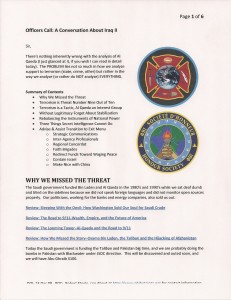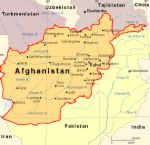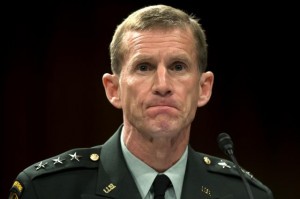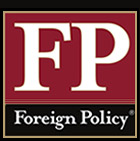Phi Beta Iota: Zbigniew Brzezinski is doing an enormous amount of damage in his hidden counsel to the White House; if John Hamre replaces Bob Gates in January as has been discussed, this will get worse, not better. Below are a few odds and ends from various contributing editors, consolidated here to avoid beating a dead horse with too many postings. We have not sought to reconcile contradictory points of view, only to honor the importance of listening to diverse points of view. The London Telegraph piece is reproduced in full as it has disappeared from online view.
Chuck Spinney Sends on Religious Fundamentalism and the Rise of the Corporate State on What Is Living and What Is Dead in Social Democracy? on Soldiers’ Complaints of Shoddy Gear Spur Inquiry by House Democrats
Webster Tarpley Sends on Obama's War Against Pakistan on End the War Rally Videos on No Wind of Change After Obama's Nobel Peace Prize
Obama’s West Point speech of December 1 represents far more than the obvious brutal escalation in Afghanistan — it is nothing less than a declaration of all-out war by the United States against Pakistan.
Victor Davis Hansen on Obama’s Wheel of Fortune: The president’s luck has changed — and he doesn’t seem to have noticed
Marcus Aurelius Sends: Special Forces Unite To Destroy Taliban Leaders London Sunday Telegraph December 13, 2009 Pg. 2 By Sean Rayment, Defence Correspondent
British and US special forces are set to open a new front in southern Afghanistan in a bid to “break the back” of the Taliban insurgency.








